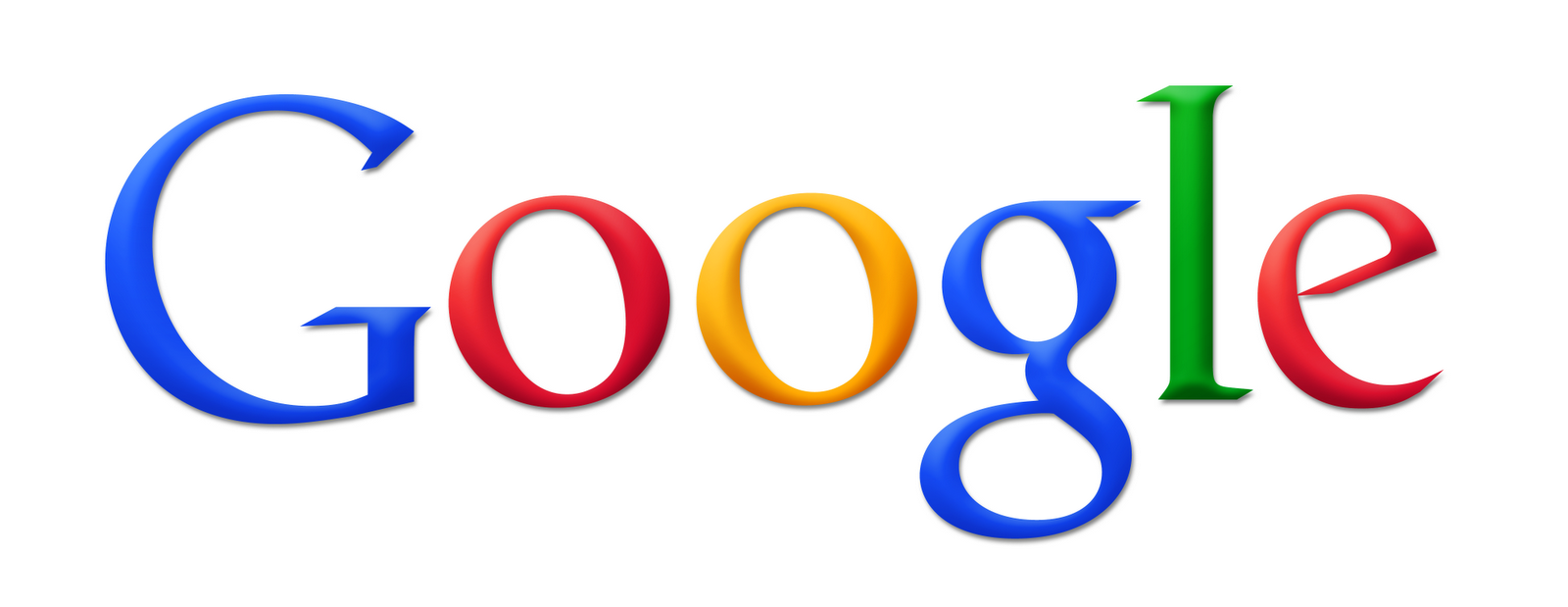The White House has denied pressuring Ford to pull its ad that criticizes competitors that took and have yet to repay taxpayer dollars from the Troubled Asset Relief Program. However, the Obama administration can’t deny a new gift it showers on General Motors and Chrysler in its package of tax hikes to pay for its so-called American Jobs Act.
For all the talk about fairness and equity with the so-called Buffett Rule, there is one sneaky loophole in the Obama revenue proposal that has largely escaped notice. In doublespeak that would make even George Orwell do a doubletake, President Obama’s “financial crisis responsibility fee” would tax banks, insurance companies and brokerage houses that have paid back their bailout money — and even some firms that never took a bailout — to pay the tab of irresponsible firms, namely the auto companies that still owe the government billions.
“We also ask the largest financial firms — companies saved by tax dollars during the financial crisis — to repay the American people for every dime that we spent,” President Obama proclaimed in the Rose Garden two weeks ago. But the details of this “responsibility fee” in the 80-page plan the president submitted to the Joint Committee on Taxation makes it clear that this fee will only be on firms that have already repaid the TARP funds and likely on some firms who never took a dime of taxpayer money.
“Although many of the largest financial firms have repaid the Treasury for their TARP assistance, they continue to implicitly benefit from the TARP funds that bolstered their balance sheets during a period of great economic upheaval,” the administration states. A fee of an unspecified amount “will be restricted to financial firms with assets over $50 billion and will be imposed until all TARP costs have been recouped.”
But let’s look at the “fine print,” which Obama always talks about when making the case for his big new consumer agency, an agency created by the same “pro-consumer” Dodd-Frank law that is responsible for new monthly debit card fees due to price controls on debit card transactions that serve as corporate welfare for big retailers. (I had alerted BigGovernment readers about the dangers of the Senate Democratic Whip Dick Durbin’s destructive Dodd-Frank provisions last December.)
Careful readers of the tax plan can see that or all Obama’s talk of “repayment,” his proposed “responsibility fee” would not be levied on recipients of TARP per se, but “financial firms” with assets of more than $50 billion.
Let’s first examine the term “financial firm.” The Obama plan never exactly defines it, but appears narrow enough to exclude auto companies. Fannie and Freddie would also almost certainly be excluded, since they are now officially part of the government, and hence not private “financial firms.”
Yet the term “financial firm” is also broad enough to go beyond banks and rope in broker-dealers and insurance companies, most of which have never taken a dime from TARP. Fidelity Investments, for instance, has weathered the storm relatively well and has not taken any TARP money. But since it has assets of more than $1 trillion under management, Fidelity would still likely be hit by the Obama tax.
Other probable targets of this tax are well-managed insurance companies such as State Farm and USAA, which also never received taxpayer bailouts. It should also be remembered some of the TARP recipients, like BB&T Corp., hadn’t engaged in the foolish mortgage and credit practices, yet were pressured by the government to take the bailout money so that the truly insolvent banks wouldn’t be stigmatized by taking TARP money.
The Obama plan argues disingenuously that “shared responsibility requires that the largest financial firms pay back the taxpayer for the extraordinary support they received.” Yet there is no responsibility, “shared” or otherwise, for the auto companies General Motors and Chrysler that still owe the taxpayer billions. In fact it gives GM and Chrysler a free ride to cave to the United Auto Workers’ demands for thousands more unionized workers, as GM recently did in sham “negotiations” with the union bosses.
The White House “wants to make the nation’s largest banks pay for the losses incurred in the $85 billion auto bailout,” reports the Detroit News. And “last month, the Treasury Department raised the government’s estimate of taxpayer losses due to the auto bailout by more than $400 million to $14.33 billion,” the paper adds.
What this really means is that ordinary Americans — “working-class folks” as politicians like to call them — will pay for the auto bailouts twice. Once through their tax dollars, and again when their banks and insurance companies pass on the cost of the “responsibility fee” through higher borrowing costs, higher policy premiums, and lower returns on savings and investment. For we know from the experience of the Dodd-Frank debit card price controls that when government imposes costs on business, those costs are inevitably passed on to consumers.
So tell us, Mr. President and allies like MoveOn, how does Warren Buffett’s secretary benefit from that?!

COMMENTS
Please let us know if you're having issues with commenting.